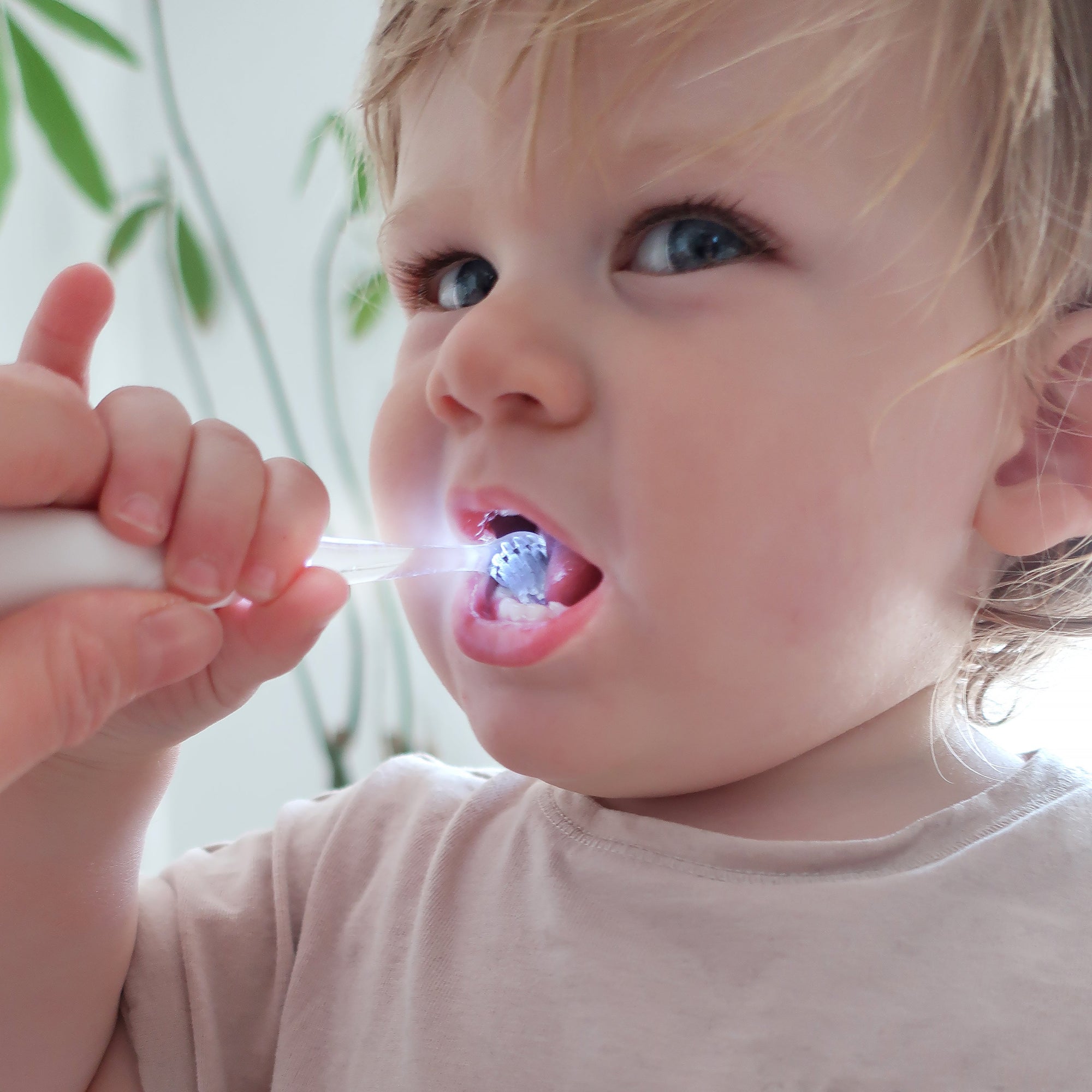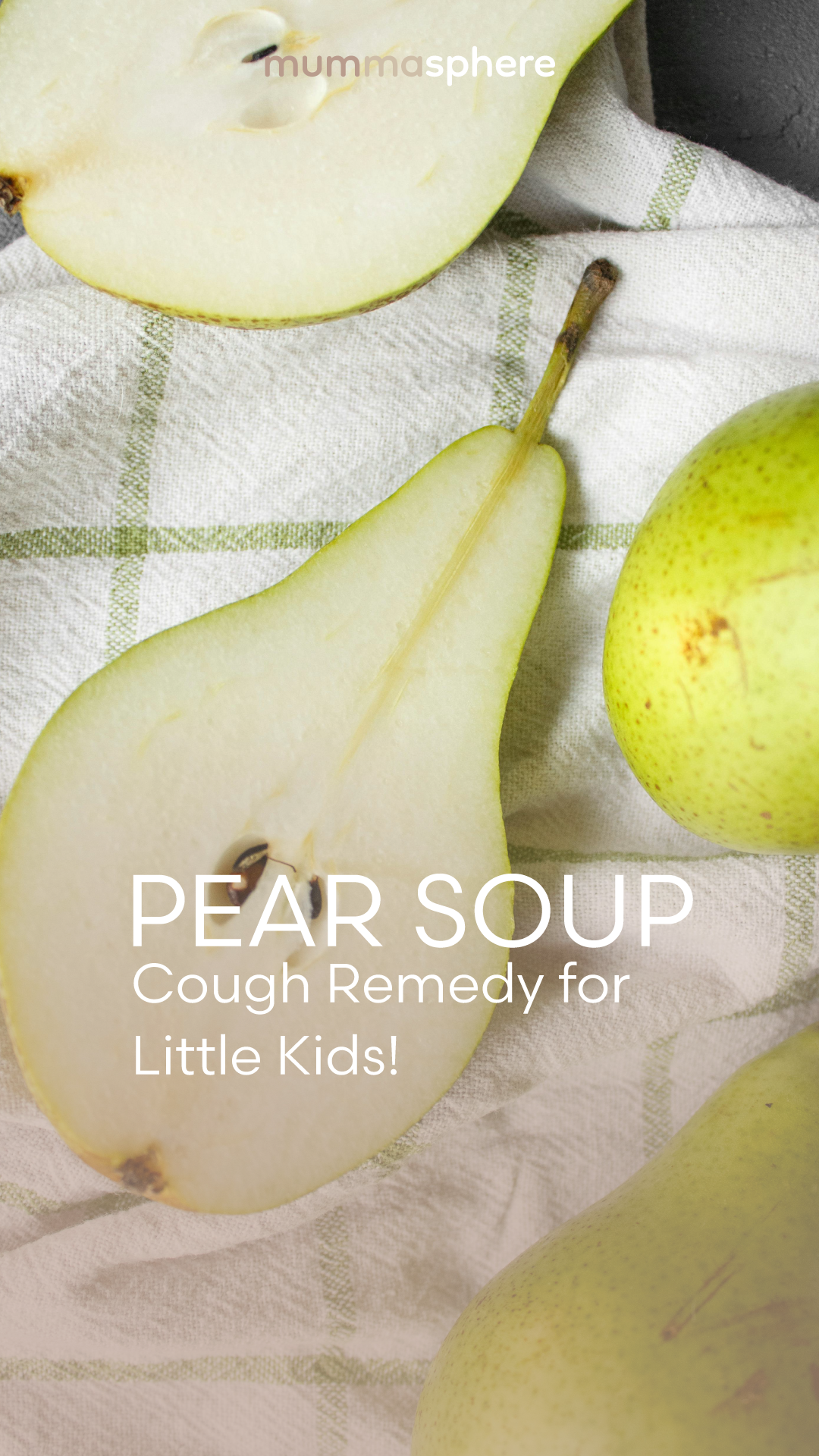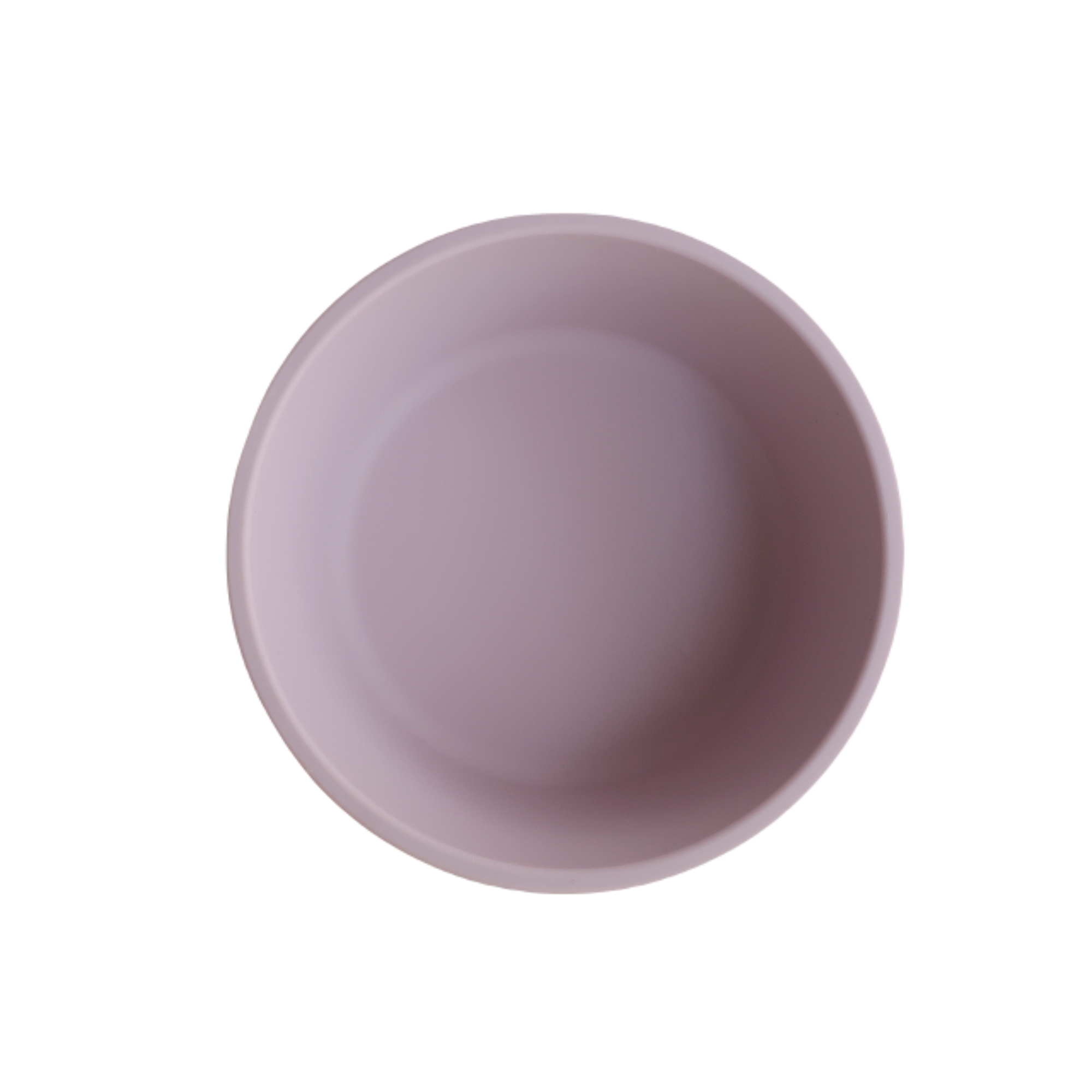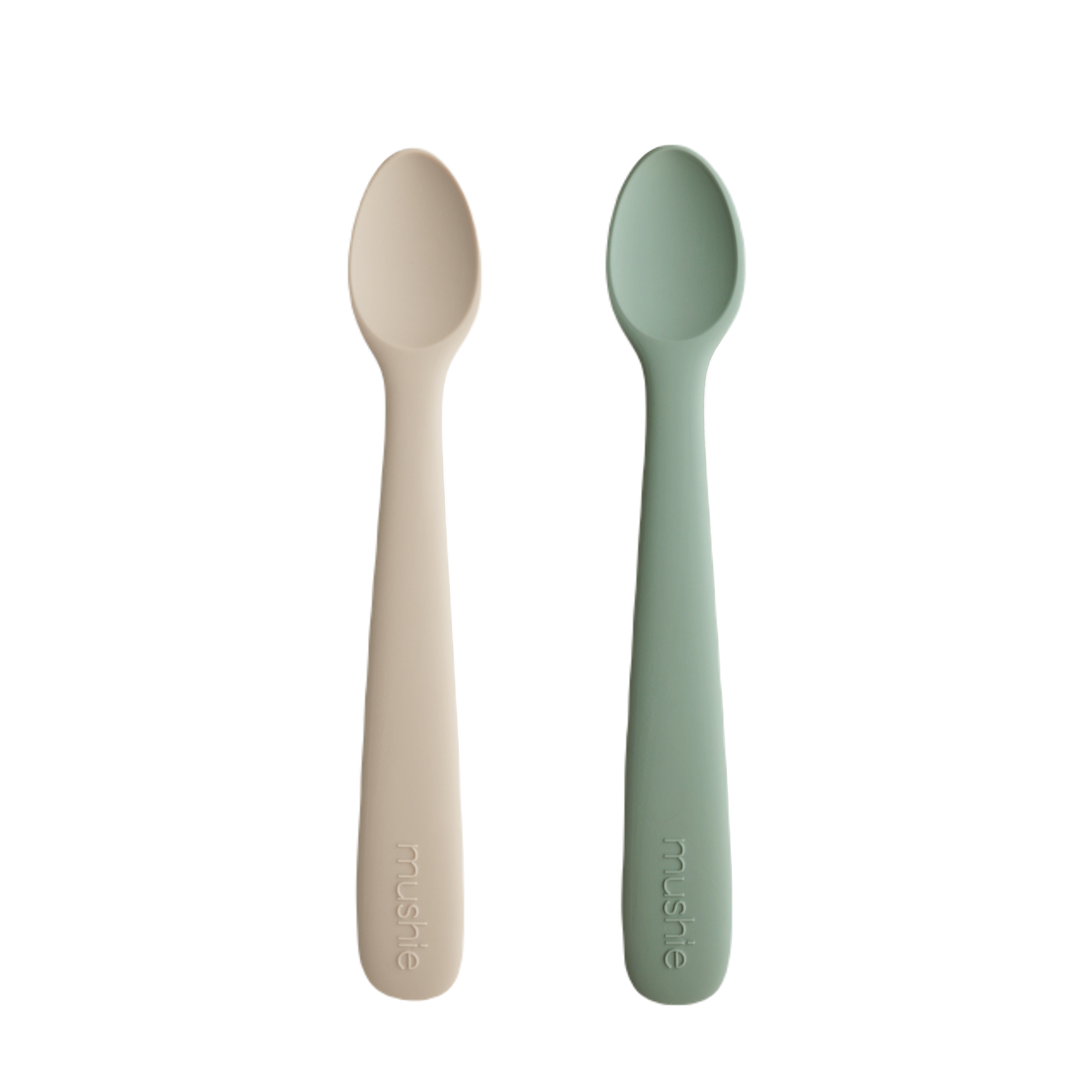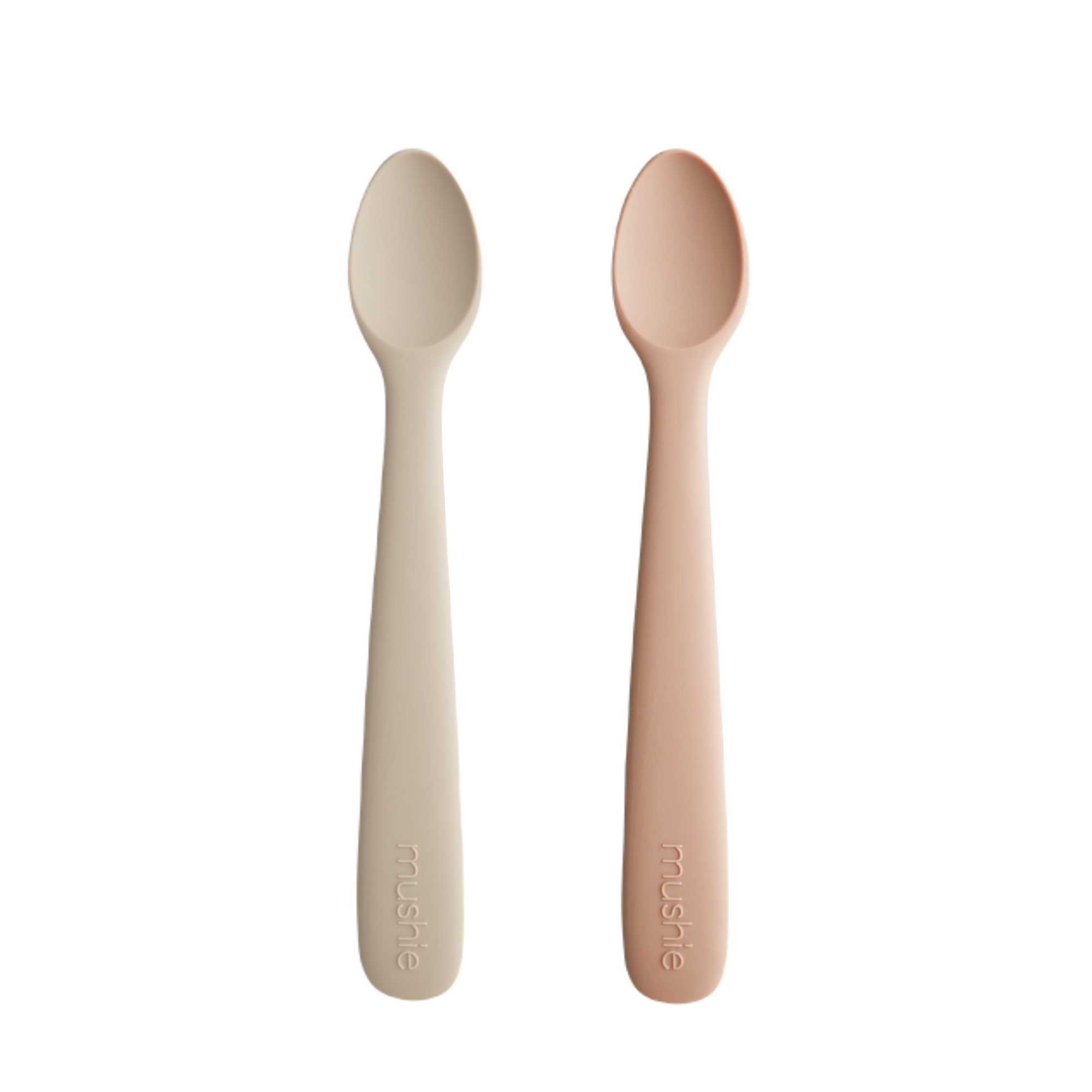Advice for First Time Pregnant Women: Sensitive and Bleeding Gums
During pregnancy, your body goes through many changes, including your oral health. Sensitive and bleeding gums are common and can resolve on their own, but in pregnant women, they can affect the development of the fetus. In 2014, a pilot study showed a correlation between premature birth and pregnancy gingivitis that was ignored. So if your gums or teeth feel more sensitive during pregnancy, don't ignore it. This condition can be overcome with the right early treatment.
Why Can Gums Bleed or Be Sensitive During Pregnancy?
-
Hormonal Changes
Hormone levels such as estrogen and progesterone can increase up to 10-fold during pregnancy, making gums more sensitive and prone to inflammation. This condition is known as pregnancy gingivitis . -
Acidic Foods or Morning Sickness
If you vomit often, stomach acid can erode tooth enamel and cause sensitive teeth. Craving sweet or sour foods can also increase plaque formation. Even without nausea-vomiting-cravings, the difference in the acidity of saliva pH during pregnancy which is more acidic than usual is very much liked by bacteria that cause toothache. -
Increased Blood Flow and Changes in the Immune System During Pregnancy Which Tends to be Weakened.
During pregnancy, your blood volume increases and your immunity becomes weaker so that the fetus is not considered a foreign object in your body. This often makes the gums prone to inflammation and easy bleeding. -
Plaque Buildup
Changes in the body's immunity during pregnancy make it more difficult for a pregnant woman's body to fight plaque, which can trigger inflammation and bleeding of the gums.
How to Check for Sensitive and Bleeding Gums
-
Pay Attention to Your Gums
- Use a mirror and gently lift your lips to see if there is any redness, swelling, or shiny gum surface.
-
Toothbrush
- After brushing your teeth, check the brush or saliva for blood. This is a sign of bleeding gums.
-
Check Teeth Sensitivity
- If your teeth feel sore when eating or drinking hot, cold, or sweet things, it could be a sign of sensitive teeth.
-
Check with a Light Touch
- Press the gums with a clean finger. If it feels sore or painful, it is a sign of inflammation.
Home Treatment and Care
Before consulting a dentist, you can try the following steps to overcome sensitive gums and teeth problems:
-
Use a Soft-Bristled Toothbrush
- A soft brush helps reduce irritation to sensitive gums.
-
Use Natural Toothpaste for Sensitive
- Look for toothpastes with ingredients like potassium nitrate or stannous fluoride that help reduce sensitivity.
- Choose a natural toothpaste without artificial fragrances or abrasives to be kinder to your gums.
-
Gargle with Warm Salt Water
- Mix 1 teaspoon of salt into a glass of warm water. Gargle gently twice a day to reduce inflammation and speed healing.
-
Drink More Water
- Stay hydrated to maintain saliva production which helps neutralize acids and eliminate bacteria.
-
Avoid Sweet or Sour Foods
- Cut down on foods that can worsen plaque or irritate the gums.
-
Clean Teeth with Dental Floss
- Use soft, non-sharp floss to clean plaque without hurting swollen gums.
-
Consume Foods Rich in Vitamin C and Calcium
- These nutrients help strengthen gums and teeth. Good choices include oranges, broccoli, almonds, and milk.
How Can Sensitive Toothpaste Help?
Using a natural sensitive toothpaste can provide comfort by:
- Reduces Pain : Special ingredients help calm the nerves in the teeth so they don't feel sore when exposed to heat or cold.
- Anti-Inflammatory : Many natural toothpastes contain ingredients such as aloe vera, chamomile, or tea tree oil that can soothe inflammation of the gums.
- Gentle Cleansing : Free of harsh chemicals, natural toothpaste cleans effectively without aggravating sensitivity.
When Should You See a Dentist?
If the complaint does not improve, immediately consult a dentist, especially if you experience:
- Gums continue to bleed for more than 1–2 weeks.
- Severe swelling of the gums or unbearable pain.
- Teeth feel loose or there is a change in bite position.
- Signs of infection such as pus or bad breath.
A dentist can help provide appropriate professional care for oral health problems during pregnancy.
Taking care of your oral health during pregnancy is not only important for you, but also for your unborn baby. Several studies have shown that untreated gum disease can increase the risk of premature birth . Read here for the full study by the Journal of Oral Health and Preventative Dentistry . So, make sure you maintain a healthy smile as part of your prenatal care! 🌸






